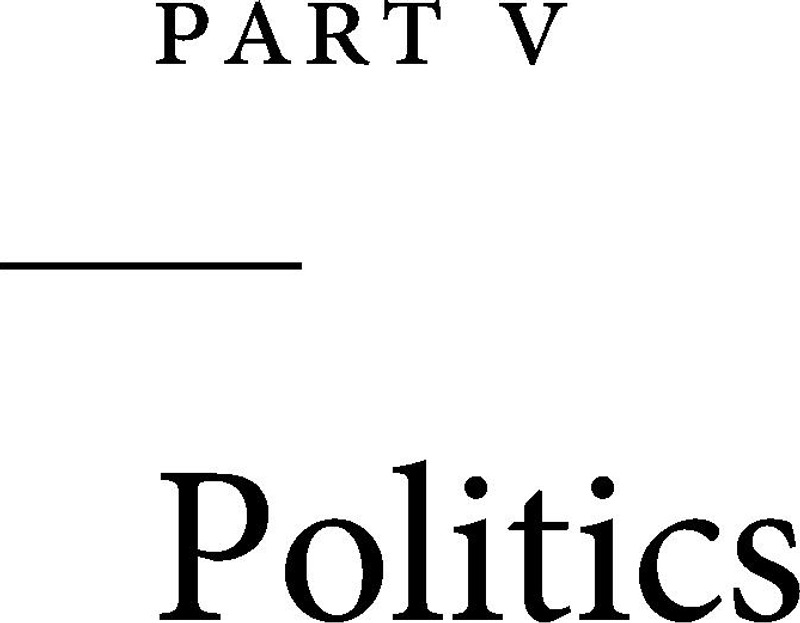Published online by Cambridge University Press: 10 March 2021

A few overviews of Athens’ associations and their role in the polis have appeared relatively recently. Jones 1999 (a seminal work) marshals the evidence in support of a number of interesting and original hypotheses, though not all of these have found ready acceptance. Ismard 2010 is a magisterial overview of the evidence within a stimulating, if sometimes somewhat complex, theoretical framework. Johnstone 2011 is an idiosyncratic, independent-minded, and highly original discussion of a range of Athenian groups and institutions. Kierstead 2013 investigates the role that associations might have played in building up trust, dispersing authority, and hence in sustaining the democracy.
For individual associations, there is still much to be learned from the standard works, even if some appear dated. These are Whitehead 1986 on demes, Lambert 1993 on phratries, Bourriot 1976 on gene, Ferguson 1944 on orgeones (still influential), and Calhoun 1913 on hetaireiai (still valuable, especially for these groups’ political activities). Roussel 1976 (along with Bourriot 1976) played a key role in overturning an older view of associations as holdovers from an atavistic past, presenting them instead as part and parcel of the developing polis. The debate over Athens’ associations, their nature, and their relationship with the democracy continues unabated. Scholars currently active in this field include Stephen Lambert, Josine Blok, Claire Taylor, Alex Gottesman, Sara Wijma, Ilias Arnaoutoglou, Nikolaos Papazarkadas, Vincent Gabrielsen, and several others.
Additional resources to accompany this chapter can be found at: www.cambridge.org/NeilsRogers
The major sources for Athenian law are the Constitution of the Athenians and the Attic orators; see especially Canevaro 2013. On democracy and the rule of law, see Harris 2006 and 2013. For a detailed treatment of Athenian legal procedure, see Harrison 1971, although some of the details are out of date. MacDowell 1978 is a basic introduction to Athenian law and legal procedure. For a review of recent scholarship on ancient Greek law, see Harris 2018.
Additional resources to accompany this chapter can be found at: www.cambridge.org/NeilsRogers
This chapter summarizes Pritchard 2019, 28–137, where many of the specific sources from the playwrights and the orators can be found. For more on the hoplites, see Christ 2001 and Crowley 2012. On the horsemen, see Bugh 1988, Spence 1993, and Pritchard 2018b. For the archers, see Trundle 2010, 145–152, and Pritchard 2018a. On naval personnel, see Gabrielsen 1994 and Pritchard 2018c. For depictions of warfare on Athenian vases, see Oakley 2020, 167–188.
To save this book to your Kindle, first ensure [email protected] is added to your Approved Personal Document E-mail List under your Personal Document Settings on the Manage Your Content and Devices page of your Amazon account. Then enter the ‘name’ part of your Kindle email address below. Find out more about saving to your Kindle.
Note you can select to save to either the @free.kindle.com or @kindle.com variations. ‘@free.kindle.com’ emails are free but can only be saved to your device when it is connected to wi-fi. ‘@kindle.com’ emails can be delivered even when you are not connected to wi-fi, but note that service fees apply.
Find out more about the Kindle Personal Document Service.
To save content items to your account, please confirm that you agree to abide by our usage policies. If this is the first time you use this feature, you will be asked to authorise Cambridge Core to connect with your account. Find out more about saving content to Dropbox.
To save content items to your account, please confirm that you agree to abide by our usage policies. If this is the first time you use this feature, you will be asked to authorise Cambridge Core to connect with your account. Find out more about saving content to Google Drive.